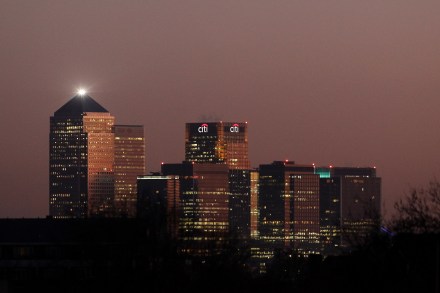CoffeeHousers’ Wall, Boxing Day – 1 January
Welcome to the latest CoffeeHousers’ Wall. For those who haven’t come across the Wall before, it’s a post we put up each Monday, on which — providing your writing isn’t libellous, crammed with swearing, or offensive to common decency — you’ll be able to say whatever you like in the comments section. There is no topic, so there’s no need to stay ‘on topic’, which means you’ll be able to debate with each other more freely and extensively. There’s also no constraint on the length of what you write — so, in effect, you can become Coffee House bloggers. Anything’s fair game, from political stories in your local paper, to
















